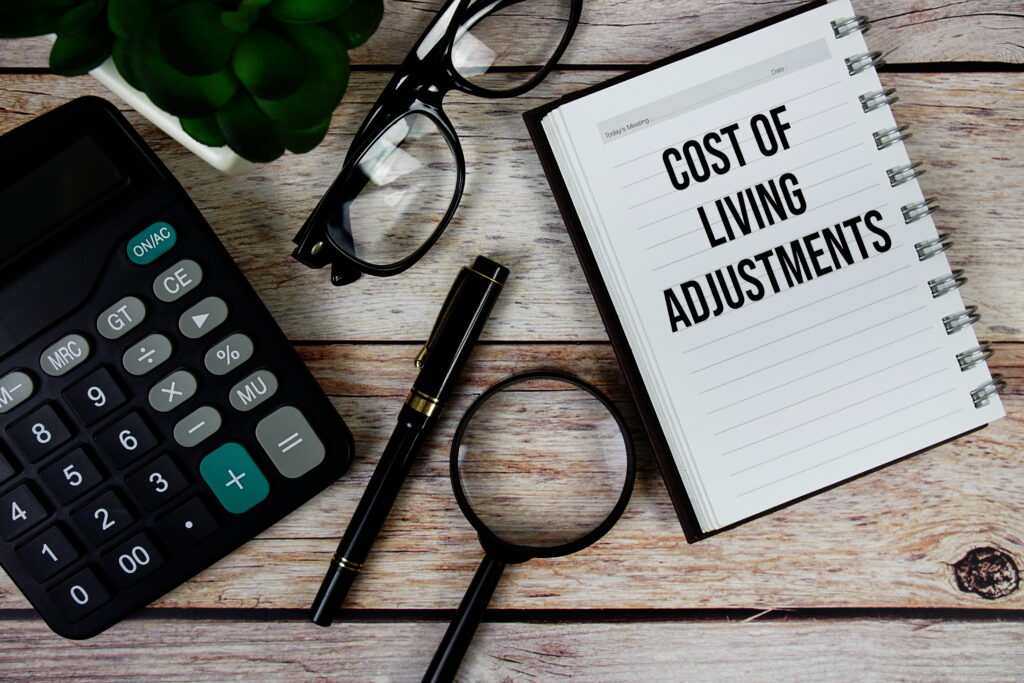Health insurance is an important safety net to protect you from high medical care costs. Even if you’re young and healthy, one serious accident can lead to financial ruin if you’re uninsured. How much does health insurance cost? It can be expensive, but going without it can be far more costly. Here are some of the obvious—and not so obvious—costs and impacts of not carrying health insurance coverage.
1. Higher medical expenses
Without health insurance, you bear the full cost of medical expenses, which can be staggering. Even fairly simple things like routine medical visits, prescription medications, and minor treatments can add up quickly. Without insurance-negotiated rates, uninsured patients may be charged the full retail price for medical services, which means very high out-of-pocket expenses.
2. Limited access to care
If you don’t have health insurance, your access to medical care will be limited. A lot of providers won’t see uninsured patients. You also may be more inclined to delay seeking medical attention for minor health issues, which can escalate into more serious conditions. Skipping preventive care and regular check-ups also increases the risk of undiagnosed and untreated health problems.
3. Financial strain and medical debt
The cost of healthcare without insurance can lead to financial strain and medical debt. When you’re uninsured, it’s common to be forced to pay for medical services out of pocket, leading to accumulated medical bills that can be difficult to manage. Medical debt can have long-lasting repercussions on your credit score and financial stability.
4. Emergency room visits
When you’re uninsured, the emergency room is often the only option for medical care, especially in urgent situations. Emergency room visits are typically a lot more expensive than primary care visits, and the costs can be overwhelming without insurance.
5. Delayed or avoided treatment
The lack of health insurance may lead you to delay or avoid important, necessary medical treatment due to financial concerns. Delayed treatment can result in worsened health conditions and the need for more major (and more expensive) medical interventions later on.
6. Impact on preventive care
Health insurance often covers preventive services, like vaccinations, screenings, and wellness checkups. Without insurance, you may be more likely to skip these essential preventive steps, leaving you vulnerable to preventable diseases and health issues.
7. Mental health neglect
Mental health is a vital aspect of overall well-being, but if you’re uninsured you may avoid seeking mental health care due to the costs. That can lead to untreated mental health conditions, negatively impacting your quality of life and productivity.
8. Risk of bankruptcy
Medical bills are a leading cause of bankruptcy in the United States. If you’re uninsured and end up with major medical expenses, the financial burden can become overwhelming, and could ultimately land you in bankruptcy.
The bottom line: The cost of health insurance is worth it
The cost of not having health insurance extends far beyond the immediate financial impact. When you’re uninsured, you may face significant challenges in accessing healthcare, managing medical expenses, and maintaining your overall health and well-being. Not having insurance can lead to delayed or avoided medical treatment and potential long-term health consequences, in addition to financial jeopardy. The cost of health insurance is well worth it to prevent the significant risks of going without it.










